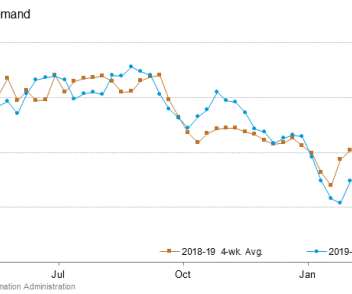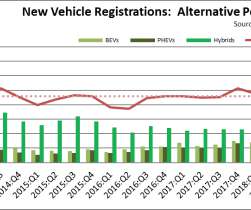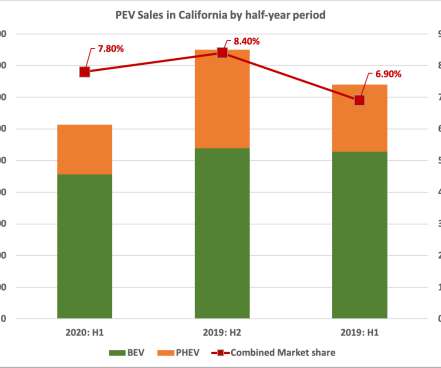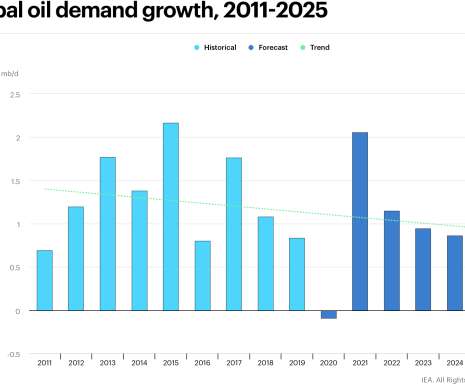IHS Markit: US gasoline demand could be cut almost in half due to COVID-19
Green Car Congress
MARCH 27, 2020
A sudden drop in miles traveled by car in the US triggered by wide-spread social isolation measures will have immediate ramifications for gasoline demand. IHS Markit analysis finds that US gasoline demand could fall by as much as 4.1 The four-week average US gasoline demand for the week ending 6 March 2020 was 9.1










































Let's personalize your content